The Construction of the Golden Gate Bridge: A Marvel of Engineering
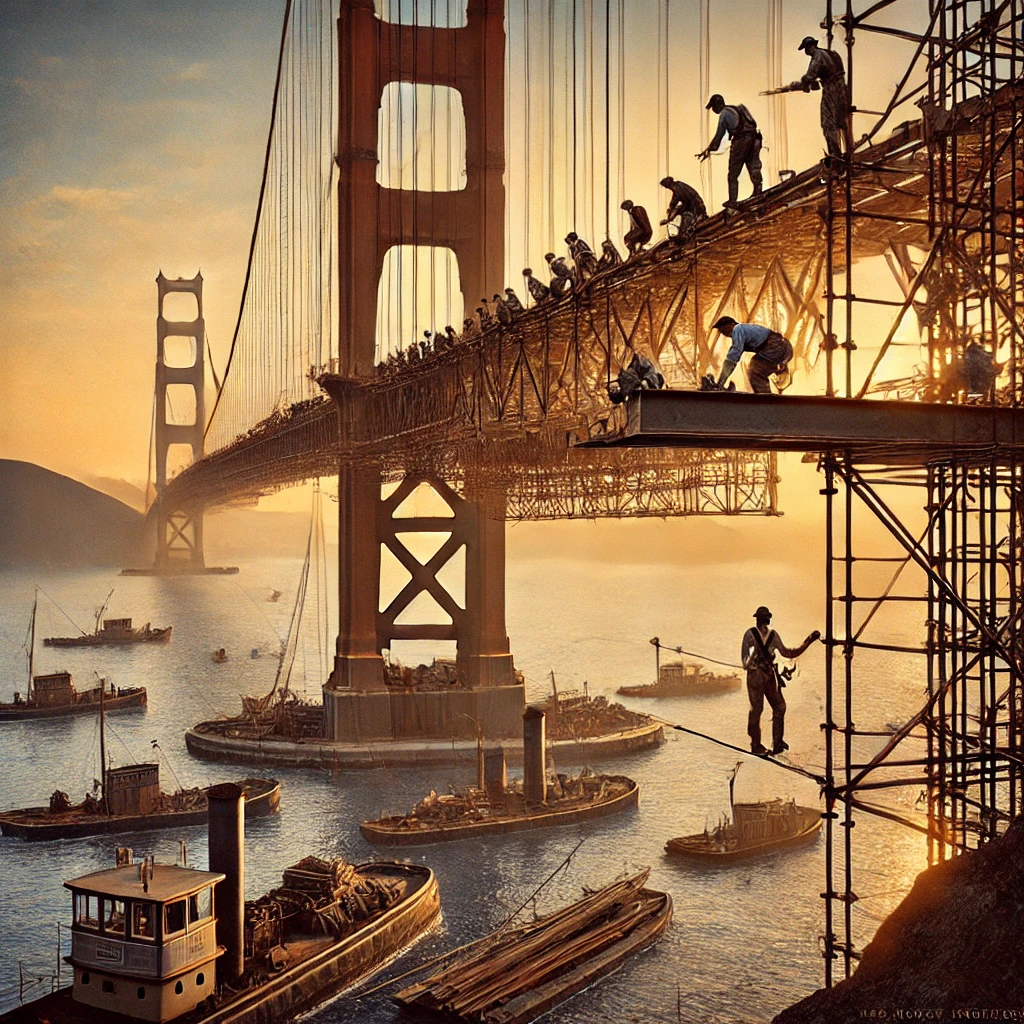
On January 5th, 1933, construction officially began on what would become one of the most iconic landmarks in the world: the Golden Gate Bridge. Situated in San Francisco, California, the bridge’s striking art deco design and innovative engineering would forever change the skyline of the Bay Area. Despite facing numerous challenges, including financial struggles and […]
The Capture of Richmond: A Turning Point in the Southern Campaign of the American Revolution
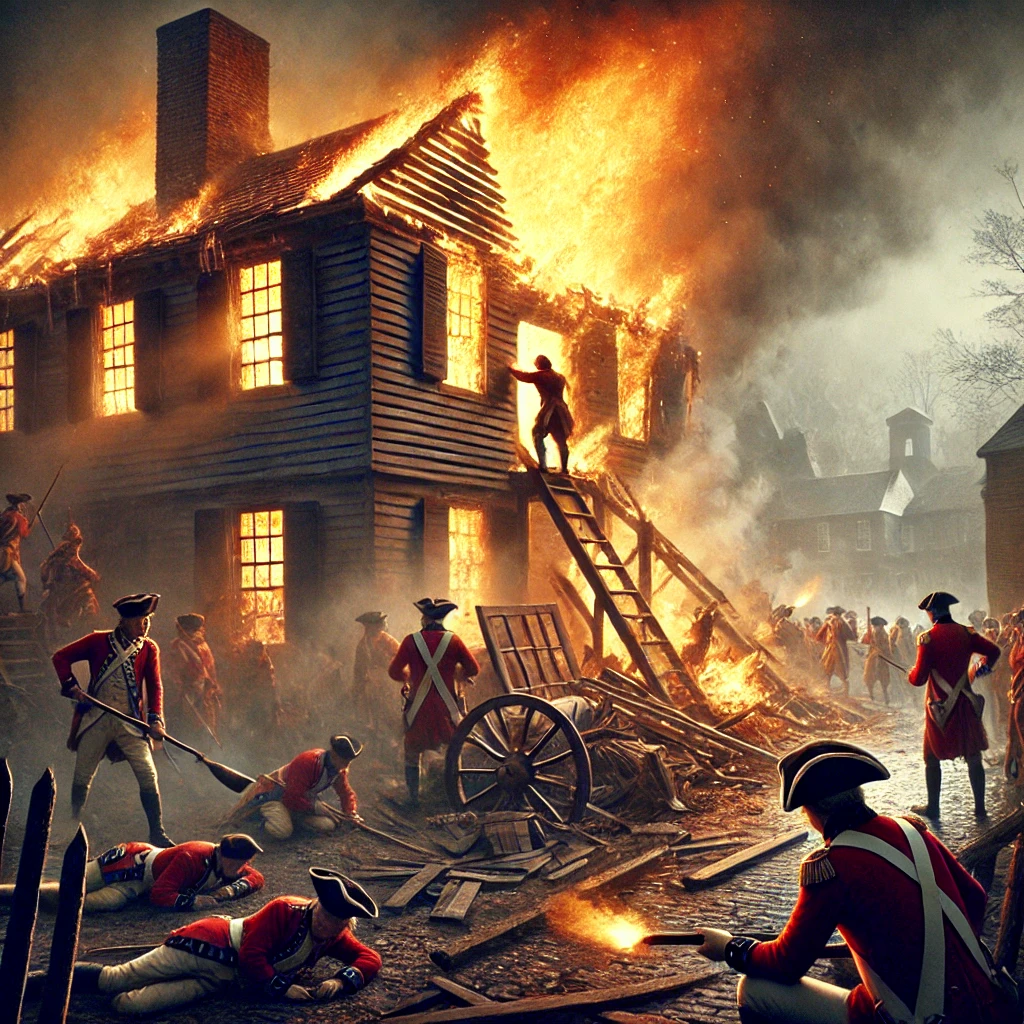
On January 5th, 1781, British forces under the command of Benedict Arnold captured Richmond, Virginia, marking a significant event in the southern theater of the American Revolution. This was one of the key moments during the British strategy to quell the rebellion in the southern colonies. The capture of Richmond, which was both a political […]
The Passing of Edward the Confessor: A Pivotal Moment in English History
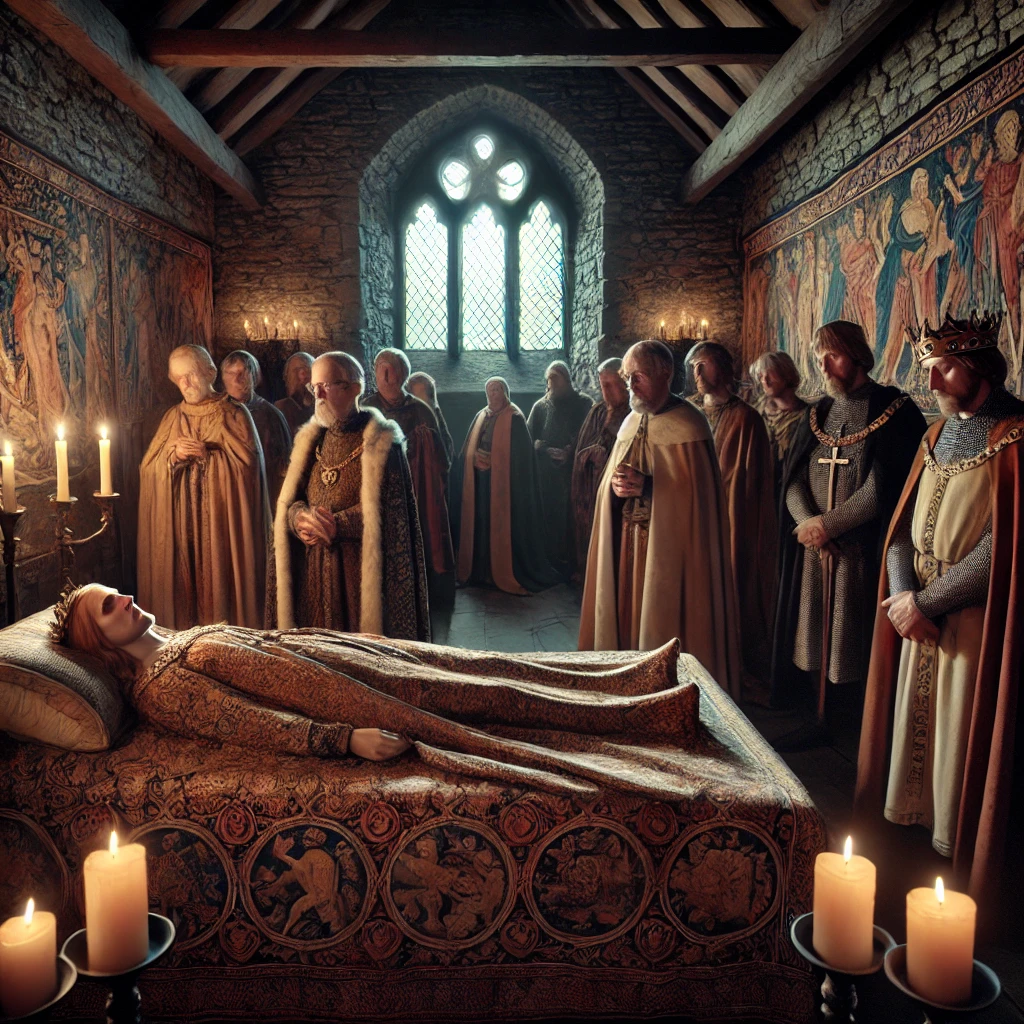
On January 5th, 1066, Edward the Confessor, the King of England, passed away, setting off a chain of events that would dramatically alter the course of English history. Known for his piety and for commissioning the construction of Westminster Abbey, Edward’s death marked the end of a relatively stable reign and left England in a […]
The Passing of T.S. Eliot: A Legacy of Modern Poetry
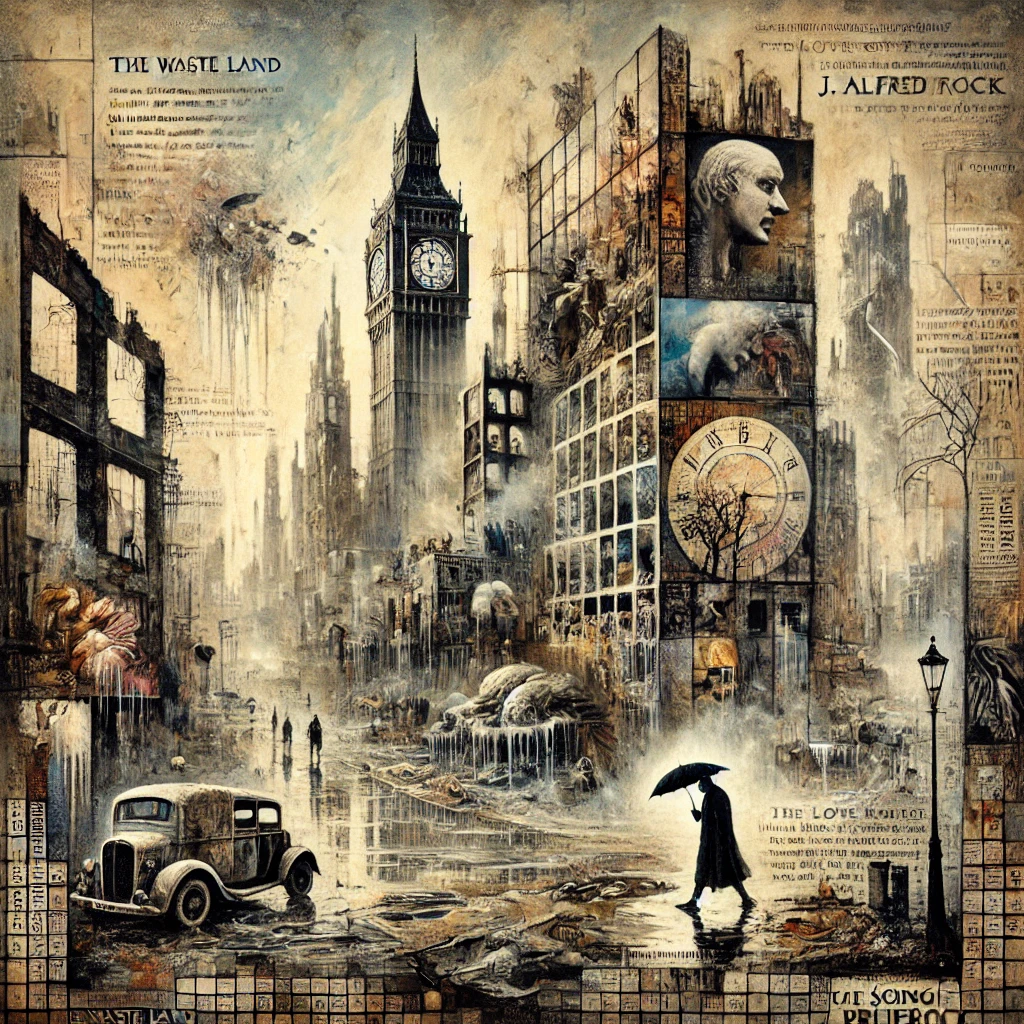
On January 4th, 1965, the literary world mourned the passing of T.S. Eliot, one of the most influential poets of the 20th century. Known for his complex, modernist style and innovative approach to poetry, Eliot’s works, such as The Waste Land and The Love Song of J. Alfred Prufrock, have shaped the course of literature. […]
Samuel Colt’s First Sale to the Texas Rangers: A Turning Point in Firearm History
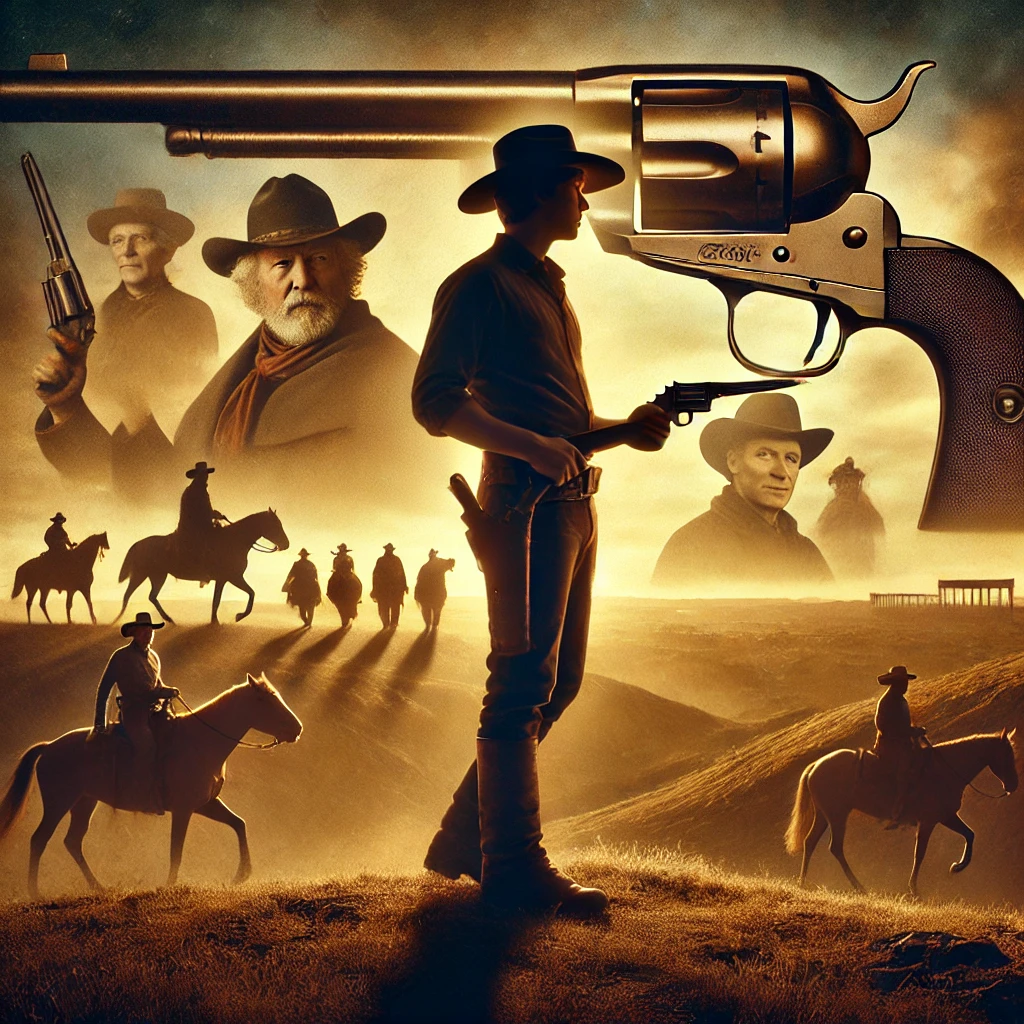
On January 4th, 1847, Samuel Colt made history by selling his first consignment of Colt revolvers to the Texas Rangers, an event that would forever change the landscape of firearms and influence the course of American history. Colt, an inventor and entrepreneur, had already made a name for himself with his innovative design of the […]
King Charles I’s Bold Attempt to Arrest Parliament Members: A Key Moment in the English Civil War
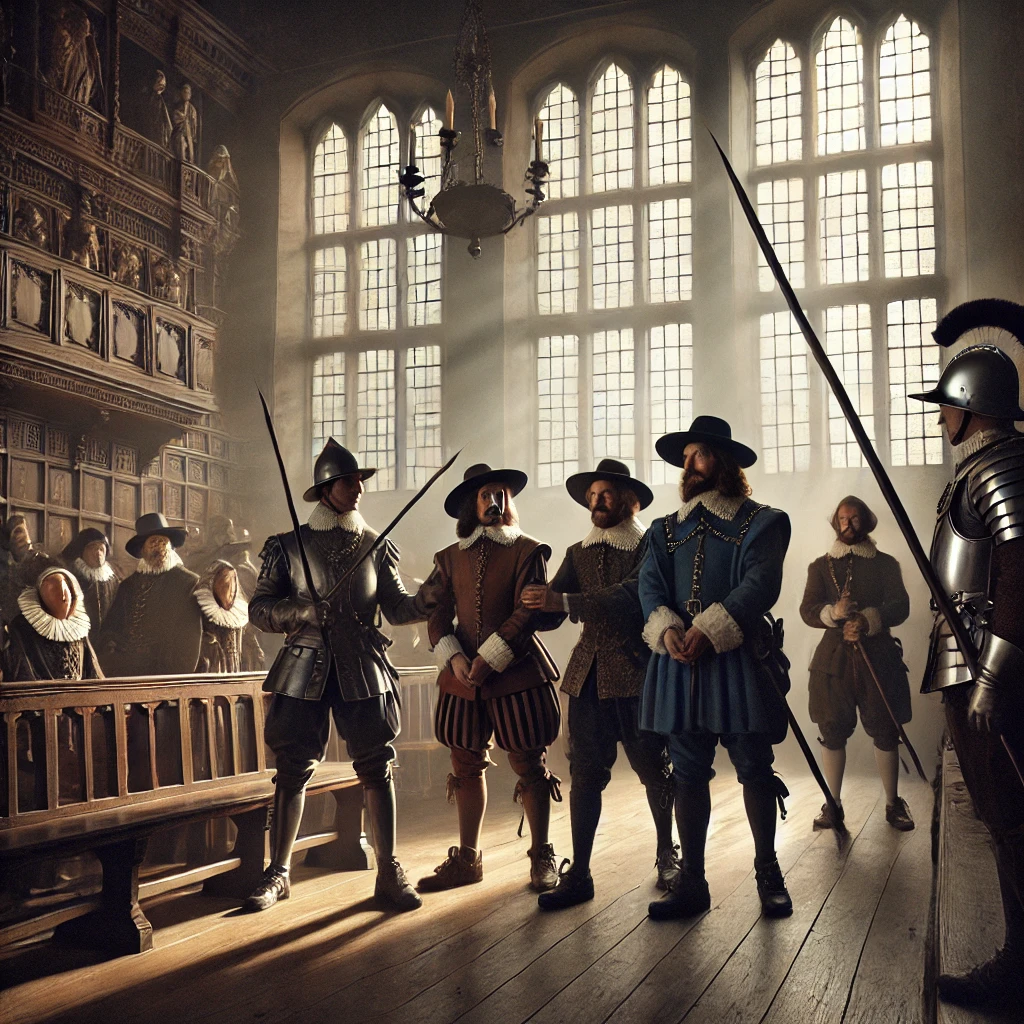
On January 4th, 1642, a dramatic and pivotal moment occurred in English history as King Charles I attempted to arrest five members of Parliament. This bold move marked a significant escalation in the already mounting tensions between the monarchy and Parliament. It was an event that would set the stage for the outbreak of the […]
The Unveiling of King Tut’s Sarcophagus: A Glimpse Into Ancient Egypt
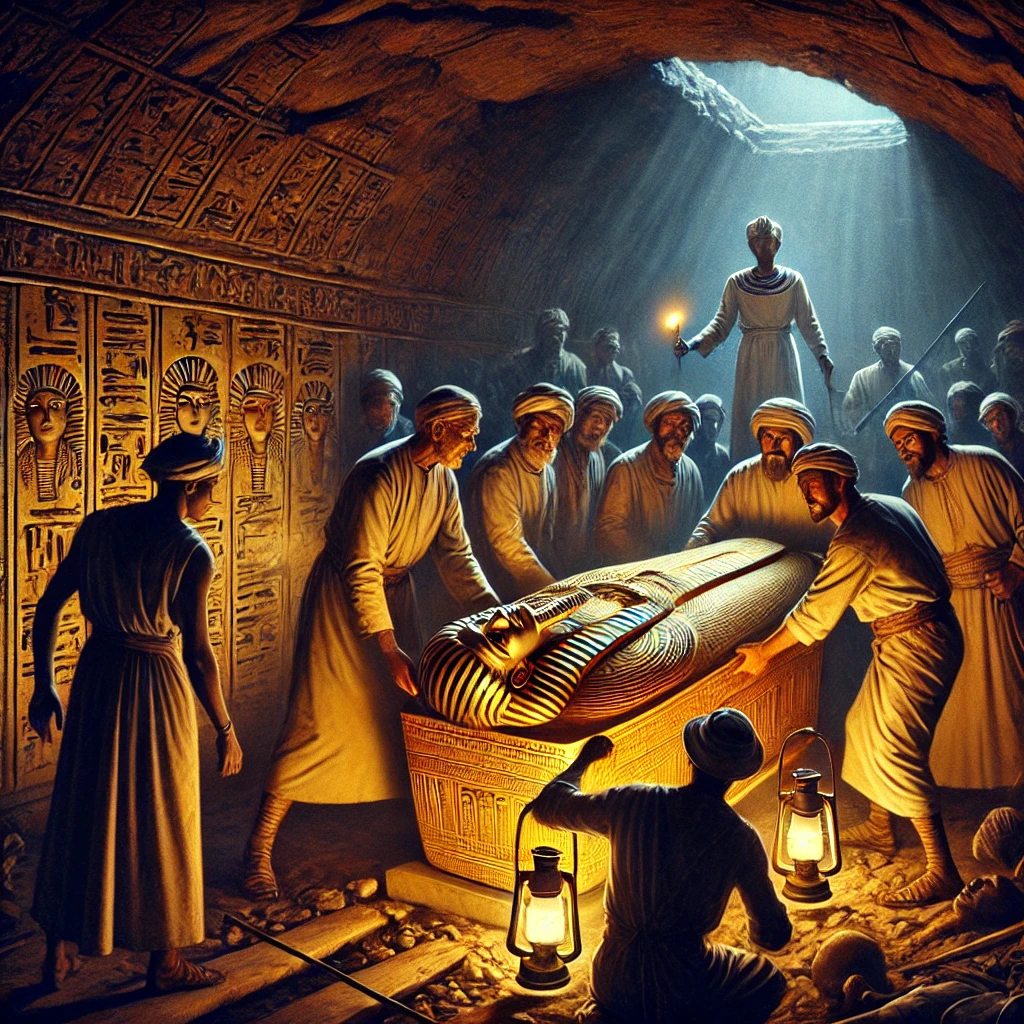
On January 3rd, 1924, archaeologist Howard Carter made one of the most significant discoveries in the field of Egyptology when he uncovered the magnificent sarcophagus of King Tutankhamun. The discovery followed two years of intense and often difficult excavation work in the Valley of the Kings. Carter’s findings would not only reveal the golden secrets […]
The Battle of Princeton: A Turning Point in the American Revolution
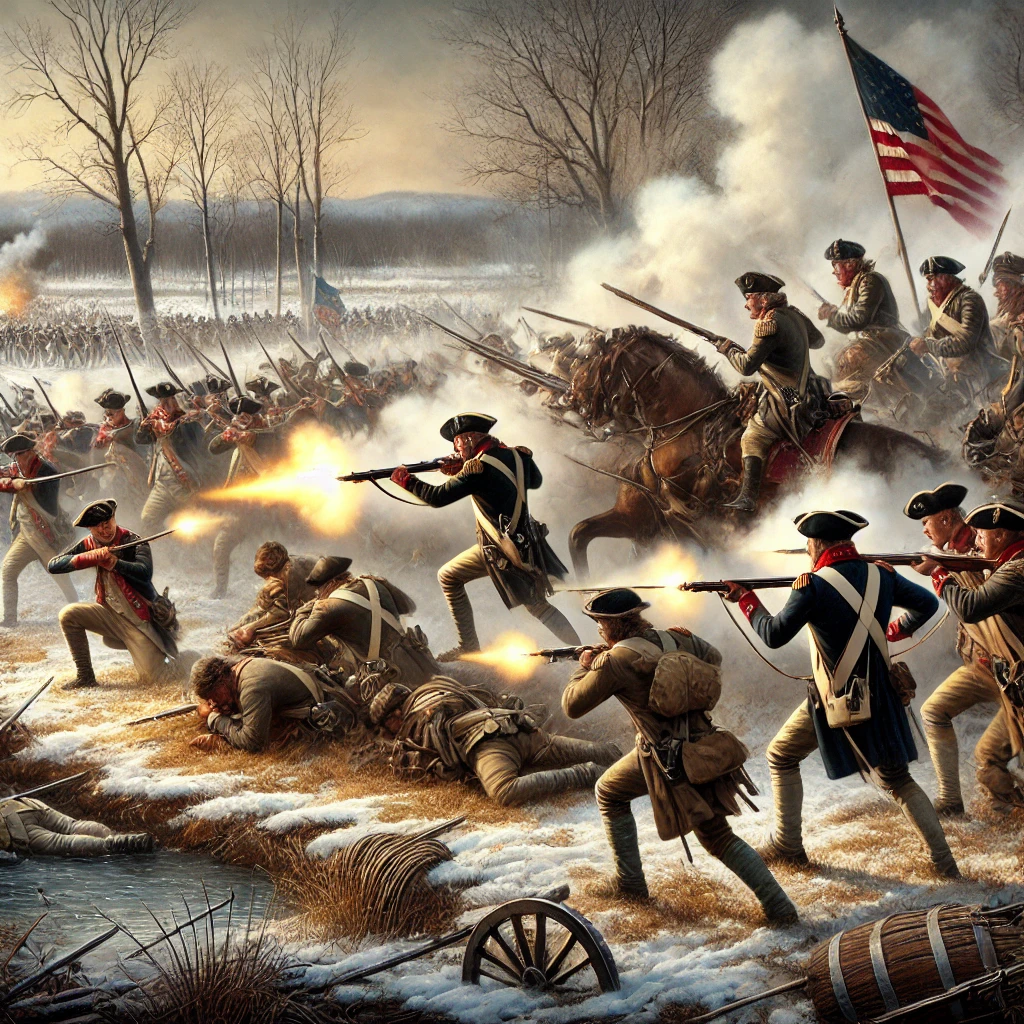
On January 3rd, 1777, the Battle of Princeton unfolded, marking a significant turning point in the American Revolution. General George Washington’s successful surprise attack on British forces not only boosted American morale but also revitalized the revolutionary cause at a time when it had been in peril. The battle was a critical moment in Washington’s […]
Martin Luther Excommunicated: A Turning Point in the Protestant Reformation
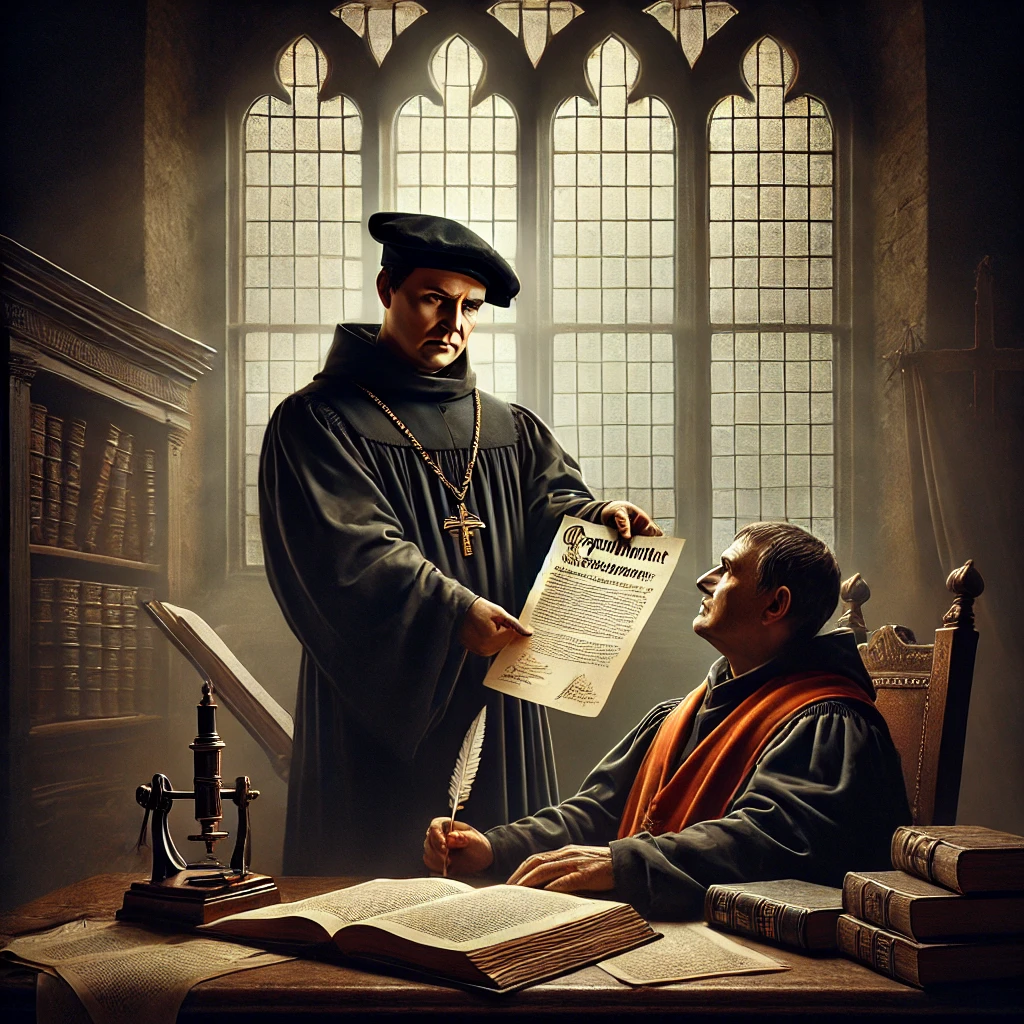
On January 3rd, 1521, Pope Leo X issued a papal bull excommunicating Martin Luther from the Catholic Church, a momentous event that marked a significant turning point in the Protestant Reformation. Luther’s growing influence, critical writings, and challenge to the authority of the Catholic Church had already caused tensions in Europe, but the formal excommunication […]
The Emergency Highway Energy Conservation Act: A Response to the Energy Crisis

On January 2nd, 1974, President Richard Nixon signed the Emergency Highway Energy Conservation Act into law, addressing a growing national concern—the energy crisis. In response to the rising cost of oil and the oil embargo imposed by the Organization of Arab Petroleum Exporting Countries (OAPEC), the United States faced significant fuel shortages. The Emergency Highway […]
